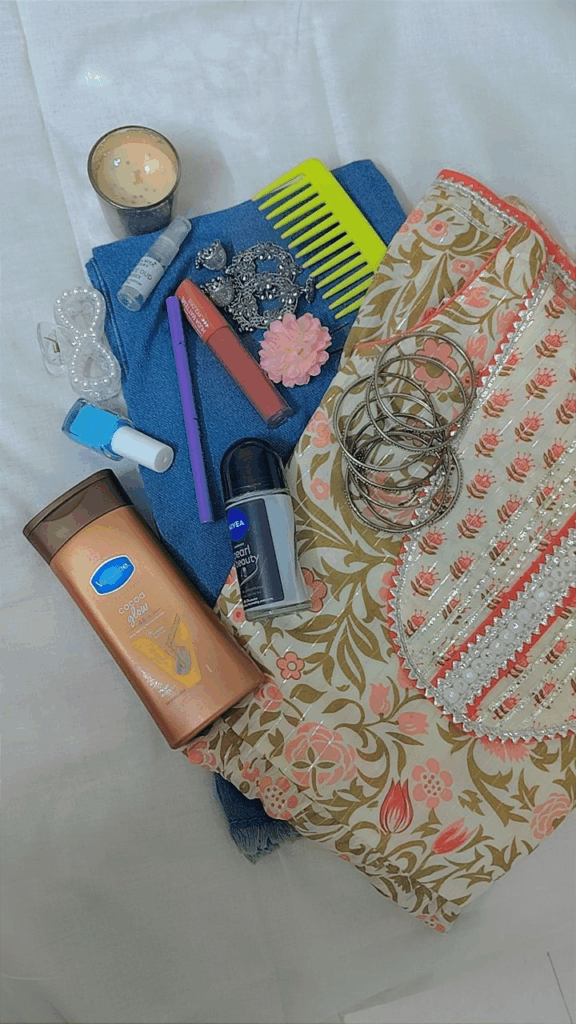
Introduction
Self-care has often been portrayed through the lens of Western practices—spa days, journaling, yoga, or meditation. But what happens when those practices don’t resonate with us, or feel disconnected from our cultural heritage? For South Asian women, healing goes beyond just bubble baths and essential oils. It’s about tapping into traditions that have long been passed down through generations, offering holistic approaches to mental and emotional well-being.
In this post, we explore the self-care practices rooted in South Asian culture, celebrating the wisdom that has been a part of our lives for centuries but often overlooked in the global conversation about wellness.
Cultural Healing Practices: Beyond the West
South Asian cultures have rich traditions of healing, both physical and emotional. Many of these practices are steeped in spirituality, rituals, and community, reflecting a deep understanding of the interconnectedness between mind, body, and spirit.
- Ayurveda: The ancient Indian system of medicine promotes a balance between body, mind, and soul, using natural herbs and remedies tailored to an individual’s unique constitution.
- Acupressure and Massage: Practices like Abhyanga (self-massage with warm oil) and Shirodhara (pouring oil on the forehead) have been used to reduce stress, anxiety, and physical tension.
- Spiritual Practices: Chanting mantras, prayer, and meditation have long been methods of centering oneself, helping individuals process emotions, and find inner peace.
- Community and Family: Gathering with loved ones, participating in religious ceremonies, and sharing meals not only strengthens bonds but also nourishes the soul.
Pie Chart: Self-Care Practices Most Embraced by South Asian Women
- 40% prefer traditional remedies like herbal teas and oils
- 25% find peace through prayer or meditation
- 20% lean on family or community for emotional support
- 10% enjoy physical activities like yoga and walking
- 5% rely on modern self-care practices
Bar Graph: Mental Health Benefits of Cultural Self-Care Practices
plaintextCopyEdit| Practice | Percentage of Women Reporting Mental Health Benefits |
|------------------------|------------------------------------------------------|
| Ayurveda | 65% |
| Acupressure/ Massage | 55% |
| Prayer/Meditation | 75% |
| Community Support | 60% |
| Yoga/Physical Activity | 45% |
The Power of Rituals and Connection
In South Asian culture, healing often isn’t an isolated practice—it’s communal. The act of cooking traditional meals together, lighting diyas during festivals, or sharing stories with family members serves not just to heal, but also to create meaningful connections. For many women, these rituals offer a sense of belonging and purpose that modern self-care practices can’t replicate.
Healing, in this sense, is holistic. It includes the emotional, physical, and social aspects of life. It’s about connection to the land, the community, the family, and even the divine.
Self-Care Reflection Prompts:
- What healing rituals from your culture have you found most helpful?
- How does connecting with family and community make you feel?
- In what ways can you honor your cultural traditions while embracing modern self-care practices?
Final Thoughts
Self-care isn’t a one-size-fits-all concept. For South Asian women, it’s about honoring the healing practices that have been passed down for generations, whether they come from Ayurveda, spiritual traditions, or the simple yet profound act of gathering with family. It’s time to reject the notion that self-care is a Western construct and embrace the full spectrum of practices that nurture our well-being.
You are worthy of healing, and your heritage has already provided you with the tools you need.
No Responses